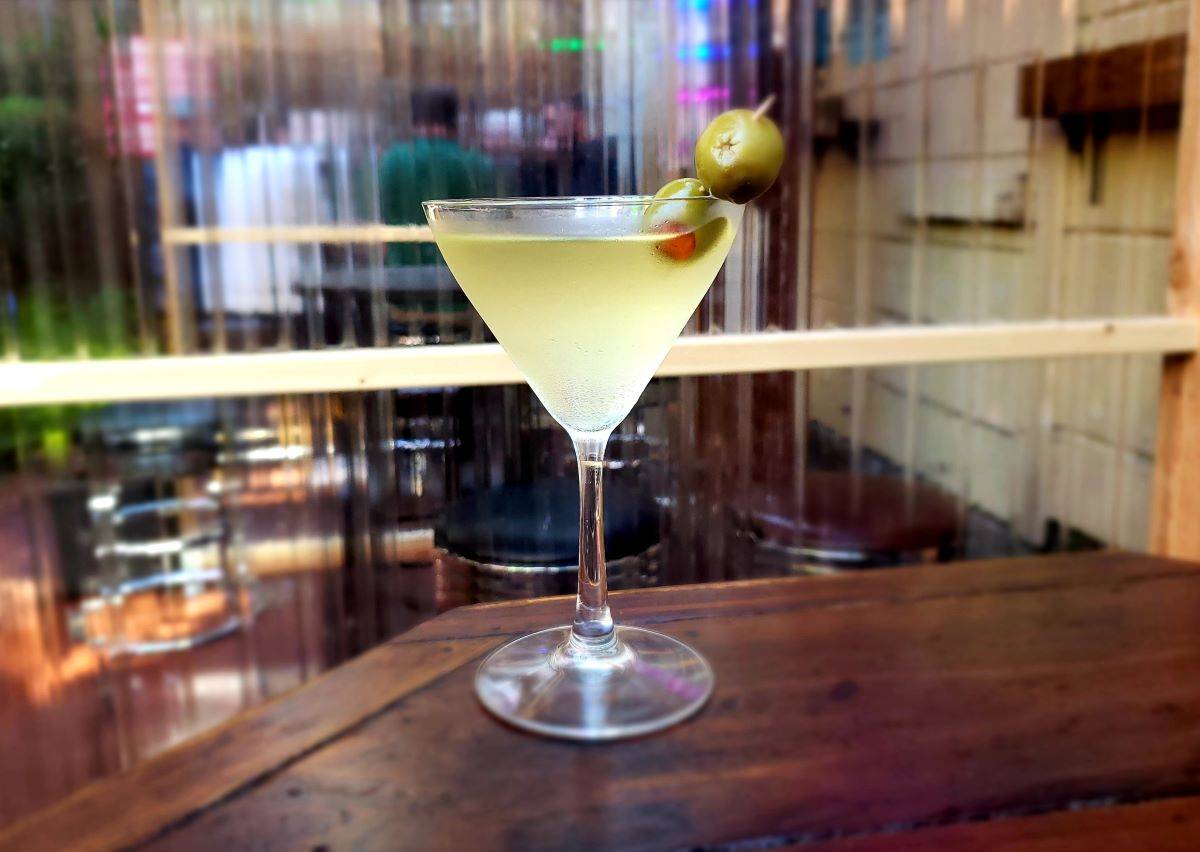Catching up with mixologist Erik Proctor
I grew up in a white neighborhood and went to white schools— and I don’t mean everyone, but the majority of my peers in my childhood were Caucasian. At 19, after moving away, I dated my first man of color, a beautiful man and still one of the nicest people I know today.
He messaged me recently after seeing a story I’d written that mentioned George Floyd, recounting that I’d felt nervous to introduce my white friends to my black boyfriend.
I struggle writing about this issue and Black Lives Matter generally, in part because my adulthood has traversed a very different path: I lived three years in China, and my home the last decade in The City has been in a predominantly Asian community. Romantically, the only real common thread among my lovers is that they’re men. I don’t let so-called “preferences” dictate ethnicity, age or body size in who I date. I’ve also sought diversity in who I interview and who attends my events as an LGBTQ organizer.
But I can’t erase racist things I’ve said in my past, and I honestly don’t think I should. The conversations I see online are less discussions and more visceral, intense anger. Calling out. The anger and protests I understand. But public shaming, in my view, fractures communities and isolates people. My friend wasn’t mad when he recounted the story to me. He just wanted me to understand the paper cuts he endures daily as a man of color. And telling me the way he did—calmly and in earnest—allowed me to reflect on my actions, to understand the pain I caused, and to be better going forward.
I want to feature more people of color in profiles going forward, but in a way that doesn’t tokenize the issue or come off hollow. I am still struggling with how to do that. But it feels worse to me to write nothing at all.
I stepped out one day a few weeks ago in head-to-toe sequins, taping up more posters in the Castro that advertise face masks I sell. Erik Proctor noticed my sparkles and came over, thanking me for the mask I made him. Proctor is a Bay Area native. He grew up in Oakland and moved to San Francisco about 15 years ago. He’s spent a little more than a decade working in local nightlife and the past five of those as a bartender for El Rio and The Mix.
We talked about bartending, about bars being open during the pandemic, and about his experience being a person of color in the local gay community. He mixed me one of his favorites: a vodka dirty martini.

Q&A with Erik Proctor, bartender
The Mix
4086 18th St., San Francisco
What do you like about bartending?
I like being in charge and making everyone’s drink, interacting with people and making the experience great for them.
What cocktails do you like to mix and drink?
I love to make a good margarita and Old Fashioned, and definitely a dirty martini. I didn’t like them early on, but I started drinking more dirty martinis in my 30s. The salty factor is nice, and it’s a good drink to just sip on.
How do you think bars are handling the pandemic? Should they be open?
I think The City has kind of worked with communities to make some kind of money, and that’s pretty cool, as long as each bar is held accountable and does their job adhering to the rules for safety. I don’t see at a lot of places, and I find it highly frustrating— The City should be coming in a little bit more. I would like to see them enforce the rules a little bit better than they’re doing.
I heard there were some safety issues when The Mix first reopened.
Yeah… [laughs] we probably jumped the gun a little bit. We tried it and learned from it. Then The City came through and encouraged bars to be closed for Pride, and we decided to remain closed for the July Fourth weekend, too.
What can you say about diversity and how it’s changed in LGBTQ nightlife since moving to San Francisco?
When I came in 2006, there was not a lot of diversity in the Castro— I remember one black bartender at Badlands who I only saw once a week, and one at The Cafe. I hate to sound like I wasn’t surprised, but I wasn’t. Diversity definitely improved over the years, but you still wouldn’t see a lot of African American or brown folks going to the Castro bars. I don’t feel weird working as an African American bartender, not with anyone being weird or racist. On the other side of the bar, that’s another story.
What’s that like?
When there aren’t a lot of African American folks in the bar, you can easily feel targeted. You walk in and you feel like everyone’s staring. You might get extra trouble at the door. Sometimes the bartenders may not want to serve you right away. It’s not cool. It should not be the first thing someone thinks about.
Has that gotten better?
I think it has, it definitely has. We’ve come a very long way. In the past few years, everyone is getting more open and more comfortable, and I’m not always feeling a target and feeling uncomfortable. It’s probably better over the years, I do think that.
Dirty Martini
- 3 ounces Ketel One
- 1 ounce olive juice
- Dry vermouth
Directions: Chill a martini glass, then rinse it with dry vermouth. Shake vodka and olive juice over ice, strain into the martini glass. Garnish with two olives.

Leave a Reply